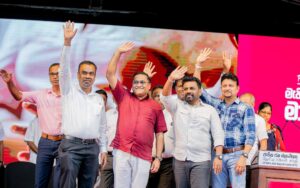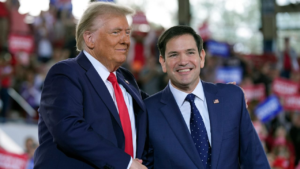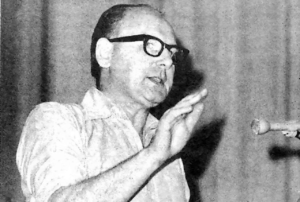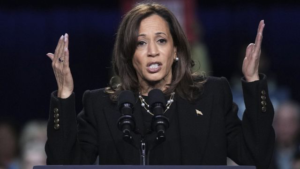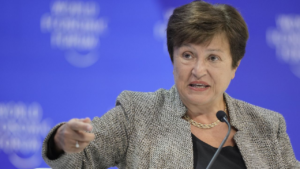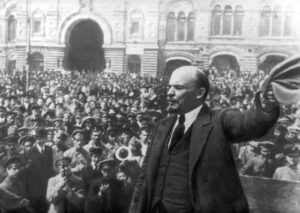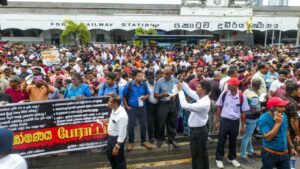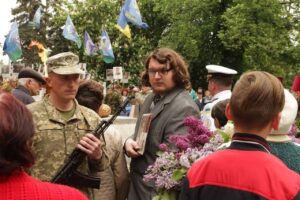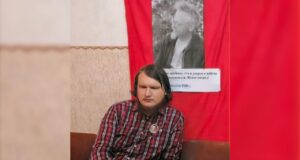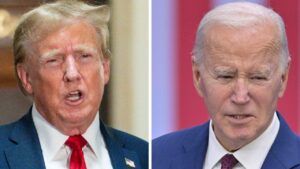Colombo Action Committee.
By Sanjaya Jayasekera.

The Executive Board of the International Monetary Fund (IMF) approved on Monday (20) the 48‑month extended arrangement under the Extended Fund Facility (EFF) with an amount of SDR 2.286 billion [395 percent of quota or about US$3 billion. The Special Drawing Rights (SDR) is an international reserve asset, created by the IMF in 1969 to supplement its member countries’ official reserves] to ‘support Sri Lanka’s economic policies and reforms’, in a bid to bail out the ailing Sri Lankan capitalist economy.
As in the previous 16 occasions of such arrangements made with the international financier, the disbursement of the fund will be made in tranches within a period of four years, during which the Sri Lankan Government will be overseen as to its progress in implementing IMF austerity and its pro-market dictates.
In the IMF statement issued on Monday, it states, “[t]he objectives of the EFF-supported program are to restore macroeconomic stability and debt sustainability, safeguarding financial stability, and stepping up structural reforms to unlock Sri Lanka’s growth potential.”
In more clearer terms , the IMF head, Kristalina Georgieva stated what these in fact means: “Ambitious revenue-based fiscal consolidation is necessary for restoring fiscal and debt sustainability“, and that “[i]n this regard, the momentum of ongoing progressive tax reforms should be maintained”. She said, “[f]or the fiscal adjustments to be successful, sustained fiscal institutional reforms on tax administration, public financial and expenditure management, and energy pricing are critical.”
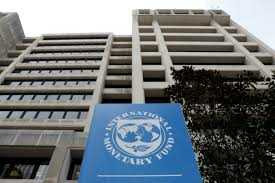
In concrete terms these reforms refer to extensive economic restructuring that opens domestic production and service markets to international investors, unhindered labour exploitation, painful austerity, privatization, more tax and price hikes.
Waiting for this approval, since his appointment as the President of the country, Ranil Wickremasinghe has been preparing the grounds at home, implementing harsh austerity measures dictated by the IMF on the one hand and, unleashing anti-democratic witch-hunt and military-police repression against protesting workers and youth on the other hand.
These attacks started with brutal dispersal of the ‘Aragalaya’ protesters last year from the protest site at Galle Face Greens, and continued with arrests and prosecution in courts. Several times, Wickremasinghe declared no protests that will hamper his economic restructuring programme including subsidy and welfare cuts, privatization and commercialization of state owned enterprises, tax hikes and increasing the prices of fuel and services such as electricity, water and telecommunication, will be tolerated.
Wickremasinghe, refused by his electorate and having no popular mandate, was appointed first as prime minister by former president Gotabaya Rajapaksa weeks before he was ousted by popular protests, and then, in last July, was ascended to the executive presidency in an in-house operation of the type of a constitutional coup against the people, chosen by members of parliament who were highly deplored and refused by the masses.
Wickremasinghe declared recently in parliament that his government has put in place all the fifteen recommendations of the IMF to get the approval for the fund facility.
By April last year, the economy was hard hit by a depleted foreign reserve crisis that prevented import of essential consumer items including fuel, and by a balance of payment crisis which had forced exorbitant excessive money printing to compensate for the loss of government tax revenue, which caused high inflation and a severe recession. The crisis was aggravated by loss of foreign remittances and tourism earnings and export drops due to COVID-19 and, then by the US-NATO war against Russia in Ukraine from February 2022. The country declared historic bankruptcy in mid April, in respect of its bilateral sovereign loans.
Established in 1947 by the Bretton Woods Agreement, as part of the post-war financial order dominated by US imperialism, restoring the economis devastated by the war, the IMF is now the global agent of the international capital, overseeing the operations of the open market economies particularly of the so-called developing and emerging countries, guiding, dictating the respective governments and ensuring that the rich resources and the cheap labour platforms in these countries are placed open for free and unrestrained exploitation by the International capital.
With the debt sustainability certificate issued by the IMF with this approval, the government expects more loans from other financial institutions including the Asian Development Bank. These will add up to the debt burden of the island.
The government is hell bent on implementing IMF dictated austerity measures continuously against the working people, the lower middle class, the peasants and the urban and rural poor. Last year, during this time, the government was liable to pay a sum of US$ 52 billion as foreign loans, $ 6 billion of debt servicing by the end of the year and $ 25 billion till 2026.
Now, the government will commence debt servicing, as Wickremasinghe stated that the country would no longer be regarded as ‘bankrupt’ and would resume normal transactions.
The IMF and the ruling class, including the Governor of the Central Bank who once openly stated it, are well aware that its measures are harsh enough to prompt intense agitation by the working class, and, therefore recommends that “social safety nets should be strengthened and better targeted to the poor” and “protect the most vulnerable“, referring to shoddy welfare concessions, in a bid to preempt class struggles. Its concern about the poor or “the most vulnerable” is a sham.
Soon after the IMF approval was declared, Wickremesinghe confirmed his commitment to abide by IMF dictates: “we look to get the economy back on track for the long term through prudent fiscal management and our ambitious reform agenda“.
Just the previous day, his cabinet approved divestment of the two state owned enterprises, Sri Lanka Telecom and Lanka Hospitals Corporation.
All the trade unions in Sri Lanka supported the IMF programme and some were vociferous, particularly those controlled by the Janatha Vimukthi Peramuna (JVP). These official labour organizations that once pretended to safeguard the interests of the working class have shown their utter bankruptcy and organic inability even to pressure governments and gain the petty concessions, and have openly become the mediators between the state, the companies and the workers, betraying one struggle after the other.
Various middle-class, privileges-oriented, fake left organizations such as FrontLine Socialist Party and Inter University Student Federation, which are hostile to any independant working class mobilization against the capitalist state and for political power, have been fixing political traps of class collaboration and clean parliamentarianism as the way to democracy and economic recovery.
All these parties have above all taken the working class as their hostages, preventing them from taking matters into their own hands and waging a revolutionary fight against international finance capital and their agents in the capitalist state, in order to reorganize society on socialist lines.
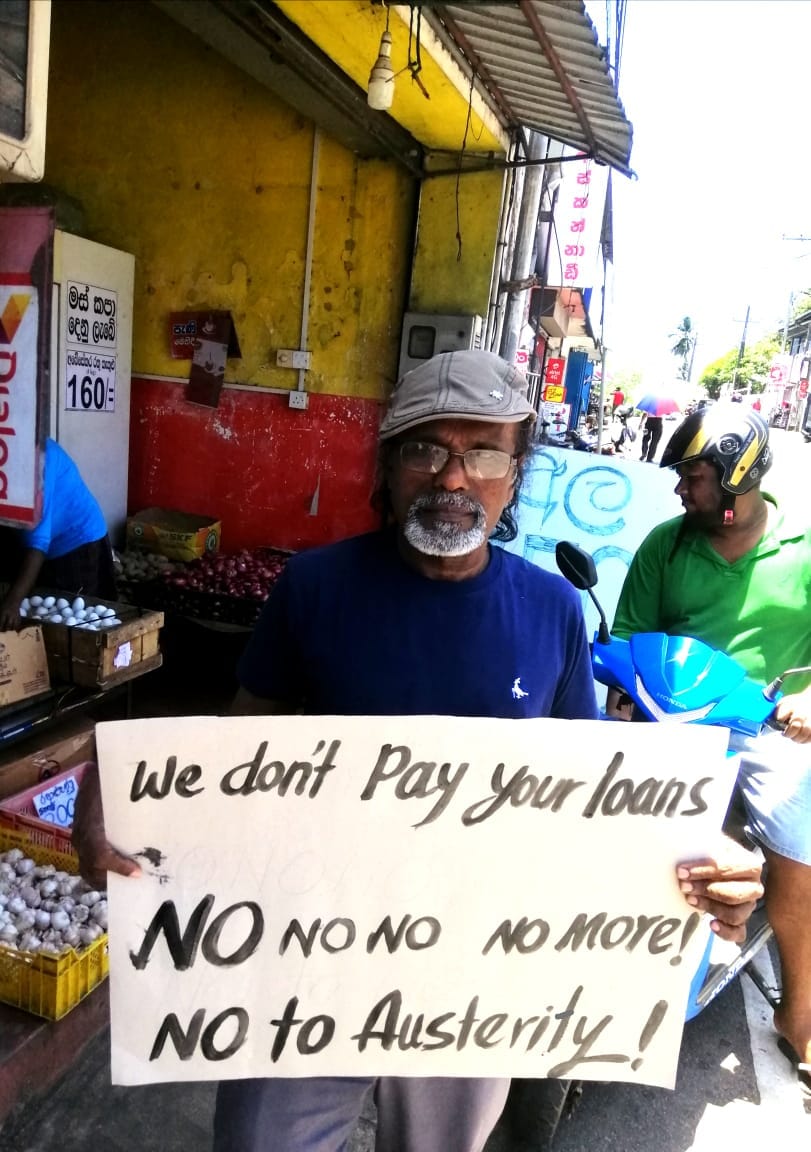
The working class cannot prevent the Wickremasinghe government or any of his successors continuing with these class war measures and social counter revolution without arming themselves independently of these traditional organizations and joining their hands with international class brothers and sisters who face similar cuts and living conditions throughout the planet.
Workers of all tiers and industries, urban and rural, rallying peasants and youth, need to build their own action committees to unite these struggles ahead, cutting across petty ethnic divisions.
Leading the masses under that perspective, the Colombo Action Committee has called upon workers and the oppressed to join this fight, organize themselves and decide to determine their destinies themselves.
#CACPS #theSocialistLK
Image of IMF courtesy of Reuters

